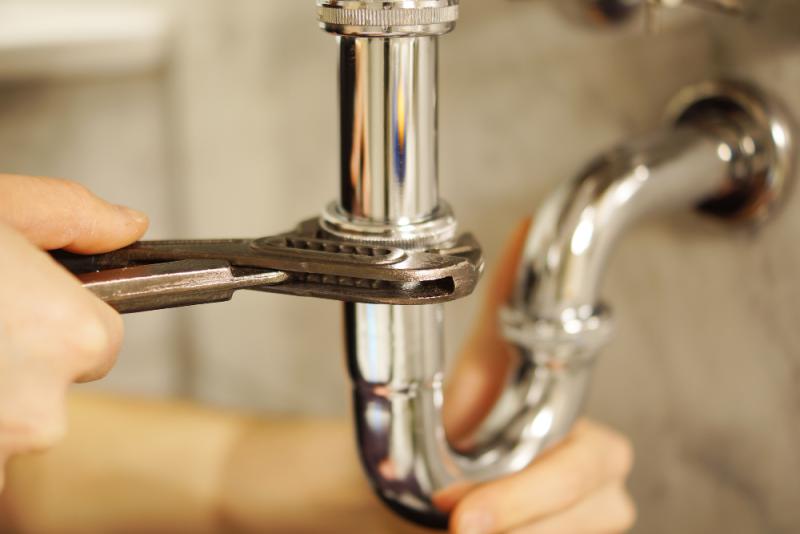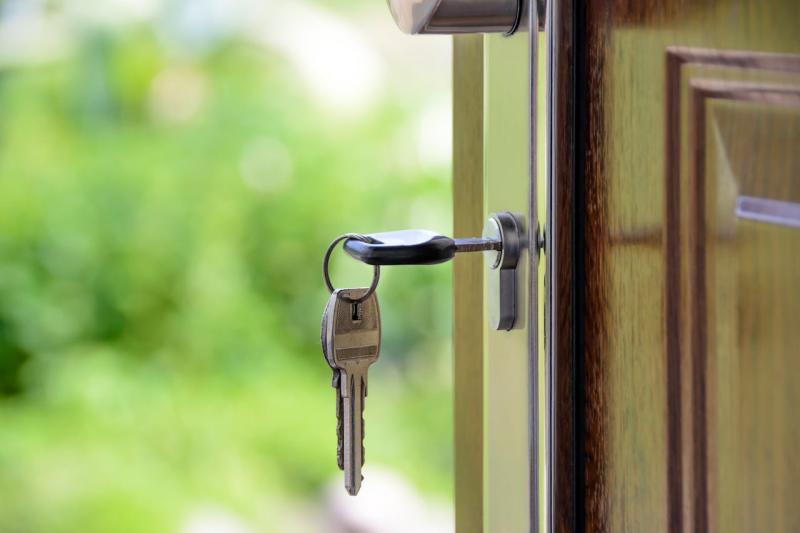Warning Signs of a Broken Sewer Pipe and What You Should Do Immediately

A broken sewer pipe is one of the most serious plumbing issues a homeowner can face. Left untreated, it can lead to extensive damage, health hazards, and costly repairs. Early detection is critical to minimizing the impact of a sewer pipe break, and knowing the warning signs can help you act fast. In this article, we’ll explore the telltale signs of a broken sewer pipe and what steps you should take immediately to address the issue.
1. Unpleasant Odors
a. Persistent Sewage Smell
One of the first signs of a broken sewer pipe is the unmistakable smell of sewage inside or outside your home. Sewer lines are designed to keep waste and gasses contained, so if you notice a strong, persistent odor of rotten eggs or sewage, it’s likely a sign that a pipe is cracked or broken.
What You Should Do:
Ventilate the Area: Open windows to allow fresh air in and minimize exposure to potentially harmful gasses.
Contact a Plumber: Call a professional plumber immediately to inspect the sewer line and assess the damage.
2. Slow Drains Throughout the Home
a. Widespread Clogging
If multiple drains in your home (sinks, showers, and toilets) are draining slowly or not at all, it could indicate a blockage or break in the main sewer line. A single slow drain may just be a localized clog, but widespread drainage issues are often linked to a broken sewer pipe.
What You Should Do:
Avoid Using Drains: Stop using water fixtures to prevent further strain on the sewer system and potential backup.
Schedule a Sewer Camera Inspection: A plumber can use a specialized camera to inspect your sewer line and pinpoint the location and cause of the issue.
3. Sewage Backups
a. Raw Sewage in Your Home
One of the most alarming signs of a broken sewer pipe is raw sewage backing up into your sinks, bathtubs, or toilets. This happens when a break or blockage prevents waste from flowing to the main sewer system, causing it to reverse direction and re-enter your home.
What You Should Do:
Stop All Water Usage: Immediately stop using any water in your home to prevent additional sewage from entering your drains.
Call for Emergency Plumbing Service: This is a serious health hazard, so contact a plumber for emergency repairs as soon as possible.
4. Unusual Sounds in Pipes
a. Gurgling Noises
If you hear strange gurgling sounds coming from your drains, toilets, or pipes when you run water, it may be a sign of a broken sewer pipe or a significant blockage. Gurgling typically occurs when air is trapped in the system, indicating that wastewater isn’t flowing properly.
What You Should Do:
Monitor for Other Symptoms: In addition to gurgling, check for other signs such as slow drains or odors.
Call a Plumber: Have a professional inspect the system to determine if it’s a blockage or a more serious sewer line break.
5. Patches of Lush, Green Grass
a. Unexplained Green Spots in Your Yard
If you notice unusually lush patches of grass or plant growth in certain areas of your yard, it could be a sign that a sewer pipe is leaking underground. Sewage acts as a fertilizer, so when it escapes from a broken pipe, it can cause accelerated plant growth.
What You Should Do:
Mark the Area: Take note of where the green patches are for the plumber's inspection.
Schedule an Inspection: Contact a plumber to perform a sewer line inspection and locate any underground leaks.
6. Water Pooling in Your Yard
a. Soggy or Flooded Areas
Water pooling in your yard, especially around the area where your sewer line runs, is a significant warning sign of a broken sewer pipe. This could indicate that wastewater is leaking and seeping up through the ground.
What You Should Do:
Avoid the Area: Stay away from the water, as it could contain harmful bacteria.
Call a Plumber: A professional plumber will need to locate the source of the leak and repair the broken pipe.
7. Foundation Cracks or Sinkholes
a. Structural Damage
A broken sewer pipe that is left untreated can cause the soil under your home to erode, leading to foundation cracks or even sinkholes in extreme cases. If you notice cracks in your foundation, driveway, or walkways, a broken sewer line could be to blame.
What You Should Do:
Check for Other Signs: Look for other warning signs like slow drains, sewage smells, or yard pooling to confirm suspicions of a broken sewer line.
Contact Both a Plumber and Foundation Expert: If a sewer pipe break is affecting your foundation, you may need to work with both a plumber and a structural expert to address the damage.
8. Pest Infestations
a. Increase in Rodents and Insects
A broken sewer line can attract unwanted pests like rodents and insects, as the sewage leak provides an ideal environment for them to thrive. If you notice an increase in pests around your home, especially near drains or sewer areas, this could indicate a compromised sewer line.
What You Should Do:
Call a Pest Control Specialist: While you wait for a plumber, it’s wise to contact pest control to manage the infestation.
Repair the Sewer Line: Once the broken pipe is fixed, it should help reduce or eliminate the pest problem.
Immediate Steps to Take
a. Shut Off Water
If you suspect a broken sewer pipe, turn off the main water supply to prevent further damage and sewage backups.
b. Avoid Using Plumbing Fixtures
Stop using all water-related fixtures (sinks, toilets, showers) until a plumber can assess the situation. Continuing to use water may worsen the problem and cause additional sewage to back up into your home.
c. Contact a Licensed Plumber
Call a professional plumber as soon as possible. The faster you address a broken sewer pipe, the less damage you’ll have to contend with, and the lower the repair costs will be.
d. Consider Temporary Accommodations
If sewage backups or odors are severe, it might be necessary to temporarily relocate until the sewer pipe is repaired.
Conclusion
A broken sewer pipe is a serious issue that requires immediate attention. By recognizing the warning signs—such as sewage odors, slow drains, unusual lawn growth, and sewage backups—you can take swift action to prevent further damage to your home. Always contact a professional plumber at the first sign of trouble, and remember that early detection and repair are key to minimizing the impact of a broken sewer line.










Comments